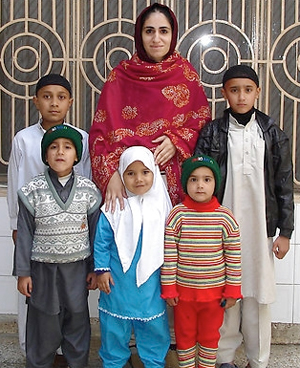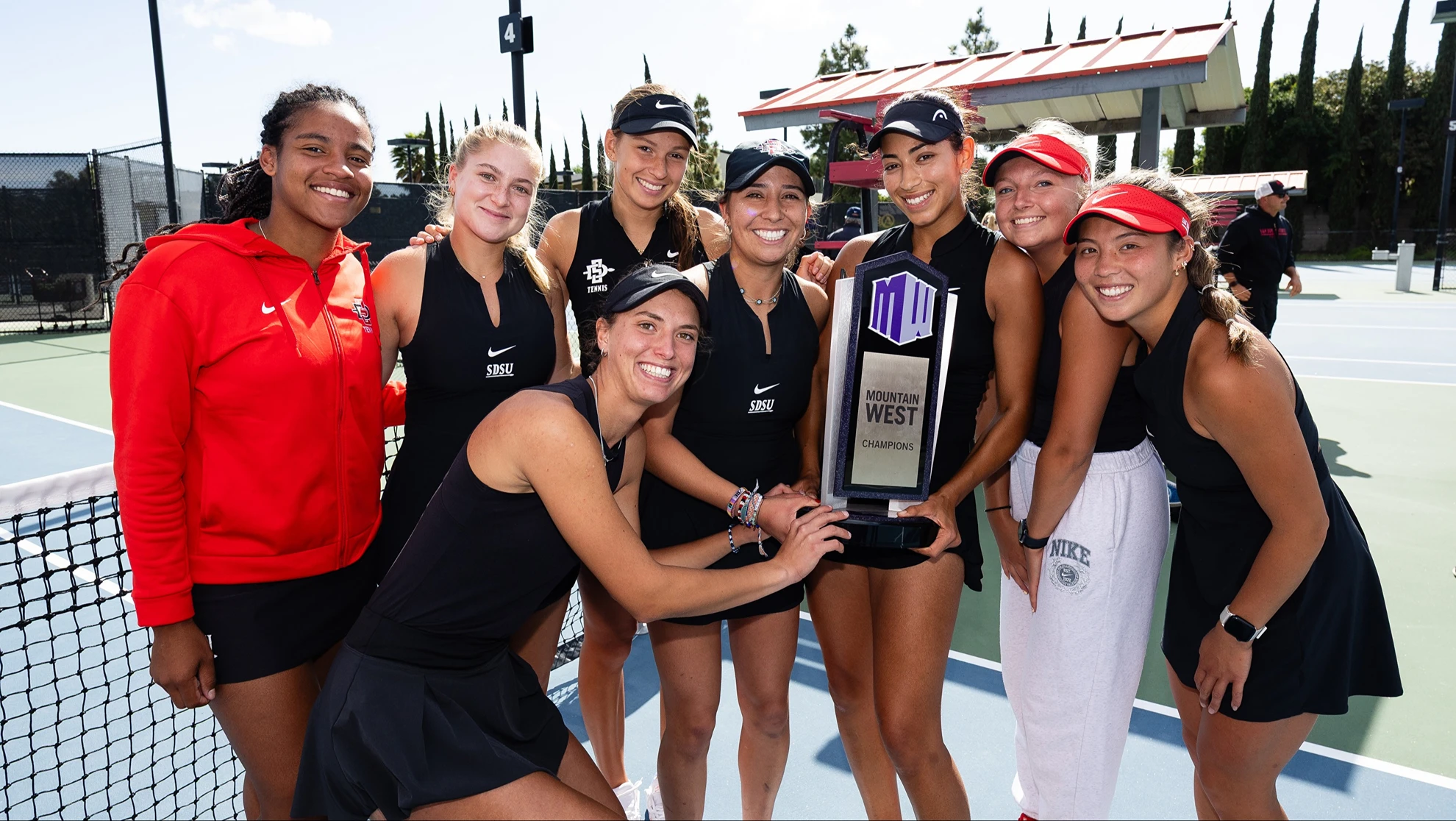Lecture on Radical Islam
Farhana Ali, the first guest lecturer in a semester-long lecture series on terrorism, spoke about solutions and remedies.

As part of the semester-long lecture series on terrorism, “Killing for a Higher Cause: Political violence in a world in crisis,” RAND Corp. analyst Farhana Ali argued for sustained attention and focus in the West on “radical Islam” during her Jan. 28 presentation.
In her lecture, titled “Radical Islam: An Examination of the Global Threat,” Ali stressed that she sees Islam— as do many other policy makers and scholars—as extremely diverse.She explicitly separated “political Islamists,” such as Hezbollah and the Muslim Brotherhood, from “radical Islamist” groups like Al-Qaeda.
The former, she noted, participate in the political process in their home countries as political parties and play a critical role in providing basic services to their citizens. The latter, tend to be more “bottom-up,” grassroots-oriented organizations, all sharing the basic guiding ideology that “Islam is the solution.”
Sophisticated and effective propaganda
Ali emphasized her view that “radical Islam” resonates with some Muslims because of the very sophisticated and effective propaganda campaign implemented by extremists. She proposed that this campaign turns on a rhetoric of Muslim victimization, resistance to Western imperialism and ideals, Muslims as oppressed, politically Islamist states and societies, and a restoration of Islamic unity and faith.
Ali also drew attention to her study of Muslim women in terrorist networks. She called them the “invisible agents” of terror and contributors, directly, to specific acts through operational leadership and, indirectly, by supporting male leaders in their networks by spreading extremist ideology.
Recommended solutions
Ali concluded that the U.S. can begin to gain ground against terrorism and weaken the appeal of militant groups in the Muslim world by pursuing a number of recommended solutions.
Her remedies included:
- Performing military counterinsurgency
- Communicating with Muslim citizens
- Restoring “critical debate and thinking” in the Muslim world
- “Taking back Islam”
- Supporting women’s movements in the Muslim world
- Exploiting the existing fissures in Islam
- Engaging Islamic “evangelicals” towards “moderate Islam”
- Rewarding those who work with the U.S. in the fight against terror
- Offering “hope to the next generation” of Muslims by supporting projects that correct the “misapplication” of Muslim verses and religious concepts
About the lecture series
Terrorism remains the most prominent threat to the security of the U.S., but little is known about the people who actually carry out political violence in this country. SDSU’s spring lecture series, “Killing for a Higher Cause: Political violence in a world in crisis,” will take an in-depth look at terrorism and those who are willing to kill themselves in order to kill many more.
To see the entire list of lectures, click here.



